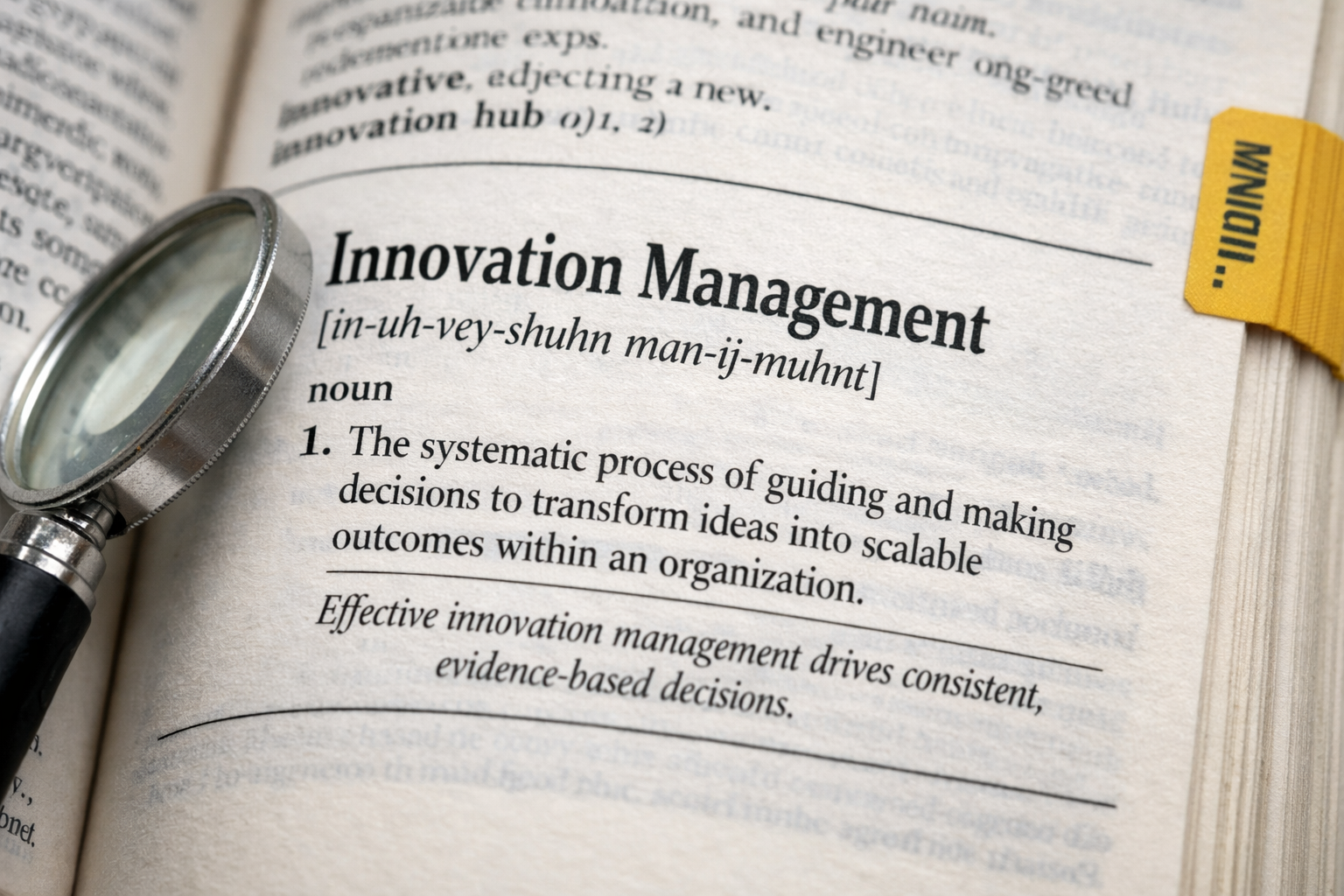Quantum computing is an emerging technology that has the potential to revolutionize many industries. With its ability to solve complex problems at lightning-fast speeds, quantum computing is already being used by startups and large corporations alike to optimize financial portfolios, accelerate drug discovery, and improve the efficiency of energy production and distribution. In this blog post, we will explore the current state of the quantum computing market, the industries that will be transformed by this technology, and some of the promising startups in the field.
The Global Quantum Computing Market
The global quantum computing market is expected to grow from $472 million in 2021 to $2.2 billion by 2026, at a CAGR of 36.9% during the forecast period. This growth can be attributed to the increasing investments in quantum computing by governments and private organizations, the growing demand for quantum computing in drug discovery, and the need for high-performance computing for applications such as cybersecurity and financial modeling. Large corporations such as IBM, Google, and Microsoft have already invested heavily in the development of quantum computing, and many startups are emerging in the field as well.
Industries That Will Transform
Quantum computing has the potential to transform several industries, including healthcare, finance, logistics, and energy. Let's take a closer look at each of these industries and how quantum computing can impact them.
Healthcare: Quantum computing can help accelerate drug discovery by simulating the behavior of molecules and predicting their interactions with potential drugs. This can greatly reduce the time and cost of developing new drugs and bring life-saving treatments to market faster. One promising startup in this space is Cambridge Quantum Computing, a UK-based company that is using quantum computing to discover new drugs for diseases such as COVID-19. IBM and Cleveland Clinic also just announced the first quantum computer in the private sector–and the first in the world dedicated to biomedical and health research.
Finance: Quantum computing can be used to optimize financial portfolios, simulate market behavior, and enhance risk management. This can help financial institutions make better investment decisions and reduce risk. One startup that is leveraging quantum computing in finance is 1QBit, a Canadian company that is using quantum computing to optimize financial portfolios and simulate market behavior.
Logistics: Quantum computing can optimize complex logistics and transportation networks, reducing costs and improving efficiency. This can help logistics companies deliver goods faster and more efficiently. One startup that is using quantum computing in logistics is Zapata Computing, a US-based company that is using quantum computing to optimize complex logistics and transportation networks.
Energy :Quantum computing can improve the efficiency of energy production and distribution, facilitating the transition to renewable energy sources. This can help reduce carbon emissions and mitigate the effects of climate change. One startup that is using quantum computing in energy is Rigetti Computing, a US-based company that is using quantum computing to improve the efficiency of energy production and distribution.
Use Cases and Promising Startups
In addition to the industries mentioned above, quantum computing can be applied to many other use cases, such as cryptography, materials science, and machine learning. Let's take a look at some promising startups in the field and the use cases they are tackling.
Drug discovery: Cambridge Quantum Computing, as mentioned earlier, is using quantum computing to discover new drugs for diseases such as COVID-19. The company's platform, EUMEN, uses quantum algorithms to simulate the behavior of molecules and predict their interactions with potential drugs.
Financial modeling: 1QBit, as mentioned earlier, is using quantum computing to optimize financial portfolios and simulate market behavior. The company's platform, 1QBit Finance, allows financial institutions to leverage quantum computing to solve complex optimization problems in real-time.
Supply chain optimization: Zapata Computing, as mentioned earlier, is using quantum computing to optimize complex logistics and transportation networks. The company's platform, Orquestra, allows logistics companies to simulate and optimize their supply chains in real-time.
Energy optimization: Rigetti Computing, as mentioned earlier, is using quantum computing to improve the efficiency of energy production and distribution. The company's platform, Aspen, uses quantum algorithms to optimize energy systems and accelerate the development of new materials for renewable energy.
Another promising startup in the field is Xanadu, a Canadian company that is developing quantum computing hardware and software for a variety of applications, including cryptography and machine learning. Xanadu's platform, Strawberry Fields, allows developers to build quantum machine learning algorithms and applications.
Quantum computing is a rapidly evolving technology that has the potential to transform many industries. The global quantum computing market is expected to grow significantly in the coming years, driven by increasing investments in quantum computing by governments and private organizations. Industries such as healthcare, finance, logistics, and energy are already being impacted by quantum computing, and many startups are emerging in the field to tackle these and other use cases. As the technology continues to advance, we can expect to see even more exciting applications of quantum computing in the future.
Learn more about the Top 20 Emerging Technologies That Could Transform Your Industry
How can Traction Technology help?
Traction Technology is a ground-breaking platform engineered expressly to eliminate internal innovation silos, thereby enabling enterprises to seamlessly collaborate and align their business needs with promising technologies. By providing dynamic features that promote collaboration and innovation, they aim to accelerate digital transformation in the enterprise.
Here's how Traction Technology can help:
.png)
Discovery of Relevant Startups: Traction Technology helps established companies discover relevant advanced technologies aligned with their strategic goals and innovation areas. It curates startups based on different industries, technology trends, and areas of business interest, making it easier to find potential partners or investment opportunities and share this information across the enterprise.
Collaboration and Engagement Tools: Traction Technology offers tools that help manage the engagement process with startups. It provides a structured approach to evaluating, tracking, and managing interactions with multiple startups across multiple project and pilots, improving efficiency and collaboration.
Data-Driven Insights: The platform provides data-driven insights to help make informed decisions. This includes information on startup funding, growth indicators, customers and competitors, which can help in assessing potential startup partnerships.
Innovation Pipeline Management: Traction Technology aids in managing the innovation pipeline. It helps companies capture ideas and request and track innovation projects, monitor progress, and measure results in real time, promoting a culture of continuous innovation.
Track KPIs and Generate Custom Reports: Effortlessly track Key Performance Indicators (KPIs) with real time dashboards and generate custom reports tailored to your organization's unique requirements. Stay
.png)
ahead of the curve by monitoring projects progress and engagement.
By leveraging a platform like Traction Technology, established companies can gain a competitive edge, driving their digital transformation journey and adapting to the fast-paced business environment. It supports the integration of startup agility, innovation, and customer-centric approach into their operations, which is critical for success in the digital age.
About Traction Technology
We built Traction Technology to meet the needs of the most demanding customers, empowering individuals and teams to accelerate and help automate the discovery and evaluation of emerging technologies. Traction Technology speeds up the time to innovation at large enterprises, saving valuable time and money by accelerating revenue-producing digital transformation projects and reducing the strain on internal resources, while significantly mitigating the risk inherent in working with early-stage technologies.
Let us share some case studies and see if there is a fit based on your needs.
Traction Report Update: 23 ways AI could transform your business in 2023.
For more information
● Explore our software and research services.
● Download our brochure: How to Evaluate Enterprise Startups.
● Watch a demo of our innovation management platform and start your free trial.









.webp)